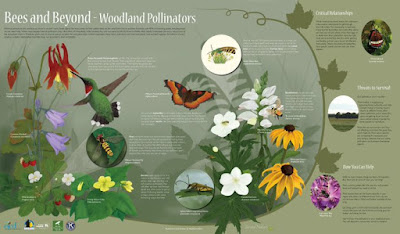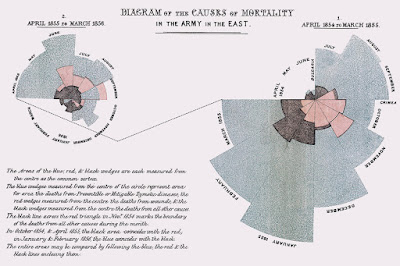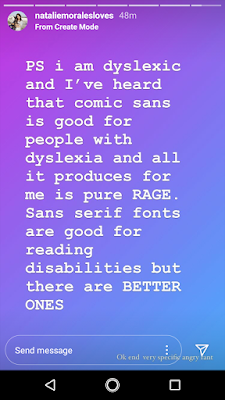The first is on QR codes. It arrives at the same conlusion of some earlier posts on this blog (always say what they lead to!).
The second is partly about the billboard poster format that has been the subject of much discussion. It uses a nice metaphor of catching. Throw one ball and someone can probably catch it. Throw a lot, and they will drop them. Excerpt:
Alas, when working in some of the most highly regulated industries in the world, the luxury of brevity isn't always one we can afford. The amount of balls is sometimes beyond our control, we are compelled to become jugglers. If the content just positively has to be there, it becomes our job to not throw the balls all at once at our audience, but to hand them safely one-by-one so they are not dropped.
Scimobi will soon have a 15% discount for Better Posters readers! I will announce it on the Better Posters Twitter when it’s ready. Thanks to SciMobi!
Update: The SciMobi discount code is:
betterposter15
It is good for three months (i.e., until mid December 2020).
• • • • •
Echo Rivera scored a coup with this awesome guest post from Heather Hinam. Heather makes posters for a living - only she knows them as “interpretive signs” for public displays like parks and museums and the like.
Heather provides a breakdown of her process of making these rich, complex signs. I like this tip: write your text last!
Now that everything is where I want it to be, I finally start writing the text. I know some of you reading this will find it counter-intuitive, but by doing it this way, I never end up with too much copy. I can only fill the space that I have created.
While the target audience is general rather than academic, many academics would do well to look more at these sorts of signs as inspiration!
• • • • •
Florence Nightengale, she of nursing fame, was also a dataviz nerd.
Hat tip to Emily Anthes.
• • • • •
What art can do for science. Hint: way more than public engagement. How about:
- Change your perspective.
- Use data to create art and vice versa.
- Create new visual metaphors.
- Broaden frames of reference.
- Get inspired!
At Lifeology.
• • • • •
Kris Faraldo describes how to use PowerPoint make graphics fast with minimal graphics skills. (PowerPoint really is good for quick and dirty images.)
• • • • •
I am a big fan of actor Natalie Morales. Near the end of August, she dished some personal experienced with typography on Instagram.
As far as I am concerned, her word is law.
• • • • •
The first graphic novel created in India, The River of Stories, was recently reprinted. It’s a story of indigenous people, economic development, journalism, and more.
The River of Stories is (mostly) English, and you can view it here (part 1) and here (part 2).
• • • • •
All for now!












No comments:
Post a Comment